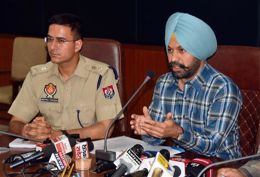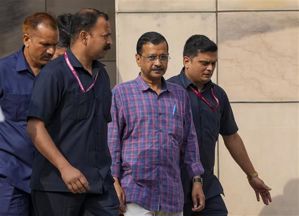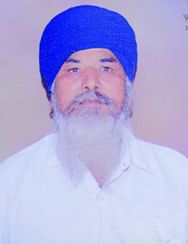Former Japanese Prime Minister Shinzo Abe. Reuters file
Sandeep Dikshit
Though Shinzo Abe’s first term as Japan Prime Minister in 2006-7 was undistinguished, he showed his ultraconservative tendencies in the foreign policy plane by confronting China on the Senkaku islands, even if the ploy was to outflank an even more conservative politician. Abe also was the pivot of an unlikely combination of democracies of east and west—joint naval exercises featuring the US, Japan, Australia and India.
The joint exercises by the four or the ‘Quad’ was an idea ahead of its time. China was then not the all-black villain as it is now and it could then influence all the participants to call off the initiative. Beijing remained unrepentant and expansionist, forcing the Quad to revive the initiative that is now at a crucial transformative phase.
Much will be said how Abe guided Japan into a closer relationship with India. But close readers of East Asia politics are aware that whether it was Abe or someone else, Japan was bound to follow the lead set by the US in forging closer ties with India. The Japanese financing of Bullet Train and the Industrial Corridors were to offload its pile of surplus forex reserves rather than an act of altruism.
Once his stomach problem flared up in 2007, Abe reiterated to the sidelines. His candidature for the PM’s post for a second time strengthened when a succession of five PMs followed him after his resignation in 2007. Not one of the PMs managed to remain in office for two years.
Abe’s pitch for the PM’s post was backed by Nippon Kaigi, an organisation of about 40,000 that holds extreme right-wing views and does not think that Japan was in the wrong during the Second World War. This entails revising Article 9 of the pacifist Japanese Constitution to permit Japan to maintain military forces.
Once becoming PM in 2012, he remained in office for the next eight years till the stomach ailment once again forced him to withdraw from the PM’s post. In the coming elections his party is poised to attain a super majority. This will help it change the Constitution and allow Japan to have a normal military force. If that does happen, it is ironic that the architect of that move will not be around to savour that moment.
Join Whatsapp Channel of The Tribune for latest updates.



























